Youth Work with Displaced Ukrainian Youth: how the training went
5/3/20242 min read
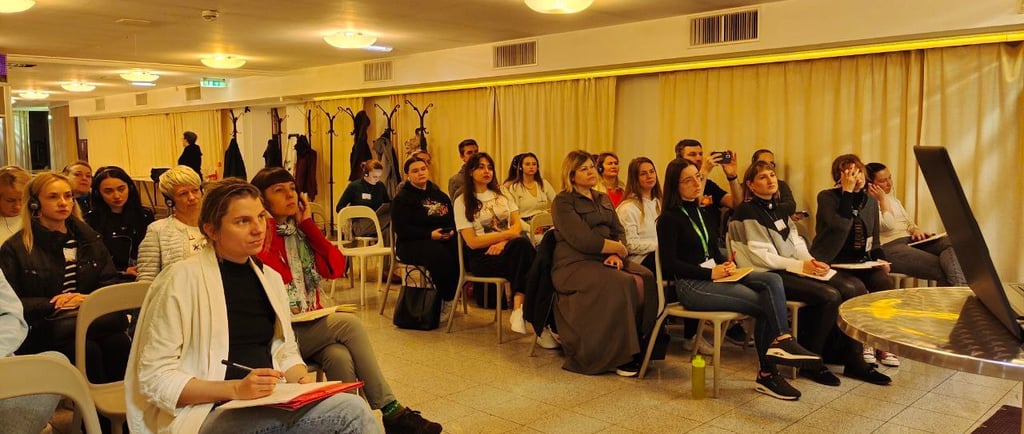

Intensive Training for Ukrainian Youth workers in Vienna
From April 22nd to 26th, a five-day course was held in Vienna, Austria, dedicated to addressing the challenges faced by displaced Ukrainian youth. This intensive training initiative aimed to equip Ukrainian youth workers, volunteers, educators, and government representatives responsible for youth affairs with the necessary tools and knowledge to effectively support and empower Ukrainian youth.
The Youth Work with Displaced Ukrainian Youth project is initiated and organized by the European Centre for Freedom and Independence in collaboration with WIENXTRA within the Erasmus+ program.
Exploring Best Practices in Working with Ukrainian Youth
Throughout the course, participants delved deeply into studying the best practices in working with displaced Ukrainian youth, both in Europe and within Ukraine itself. The training focused on informal and non-formal education, aiming to provide participants with effective frameworks to engage and empower young Ukrainians.
A Multifaceted Approach to Learning
The training program incorporated various components to ensure a comprehensive learning experience. Participants had the opportunity to engage in meetings with experts, attend presentations, embark on study visits, collaborate on group work, engage in discussions, reflect on their experiences, and network with fellow participants. This multifaceted approach allowed for a holistic understanding of the challenges faced by displaced Ukrainian youth and the most effective strategies to address them.
The meetings with experts provided valuable insights and expertise, allowing participants to gain a deeper understanding of the complexities surrounding Ukrainian youth issues. Presentations offered a platform for sharing successful case studies and innovative approaches in working with young Ukrainians.
Study visits provided participants with the opportunity to observe and learn from organizations and initiatives that have successfully implemented youth programs in Europe. This firsthand experience allowed for the exchange of ideas and the identification of transferable practices that could be adapted to the Ukrainian context.
Group work sessions encouraged collaboration and the sharing of experiences among participants. Through group discussions, participants were able to learn from each other's perspectives and gain new insights into the challenges and potential solutions for displaced Ukrainian youth.
Reflection sessions provided a space for participants to critically analyze their own practices and identify areas for improvement. This self-reflection was crucial in fostering personal and professional growth among the participants.
Finally, networking opportunities allowed participants to connect with like-minded individuals and organizations, fostering potential collaborations and partnerships in the future.
Overall, the intensive training in Vienna provided Ukrainian youth workers, volunteers, educators, and government representatives with a unique platform to enhance their skills and knowledge in working with Ukrainian youth. By exploring best practices, engaging in various learning activities, and fostering networking opportunities, the participants were equipped with the tools and insights necessary to make a positive impact on the lives of Ukrainian youth.
As part of the Youth Work with Displaced Ukrainian Youth training, a conference is also planned for August-September, 2024, which will take place in Warsaw, Poland.
As a result of the training, recommendations will be prepared for youth workers that will contribute to improving communication with displaced Ukrainian youth.
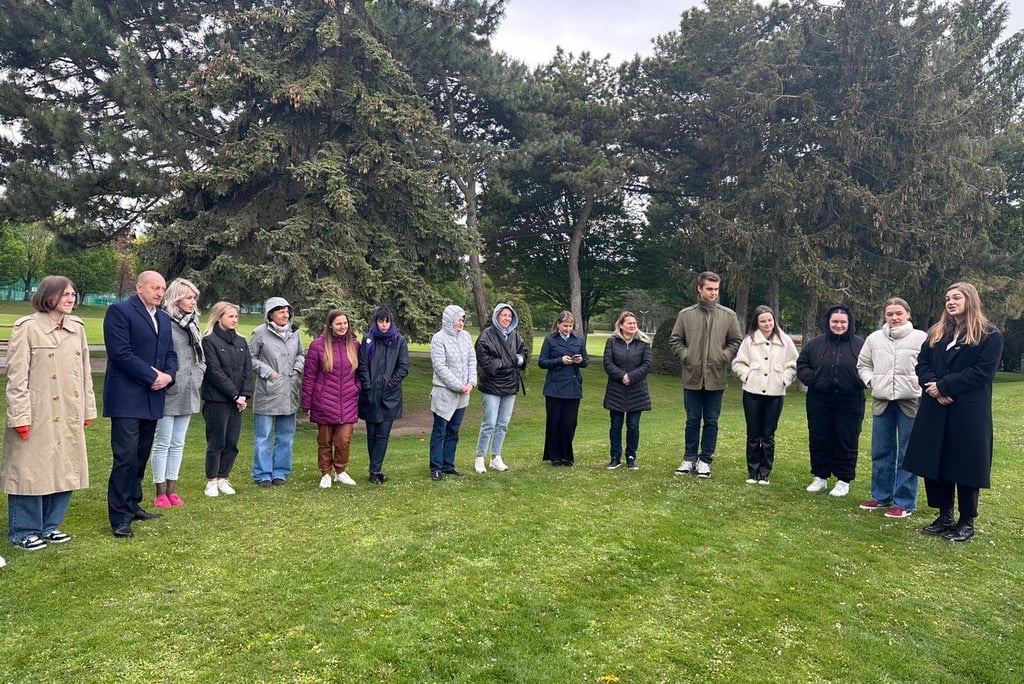

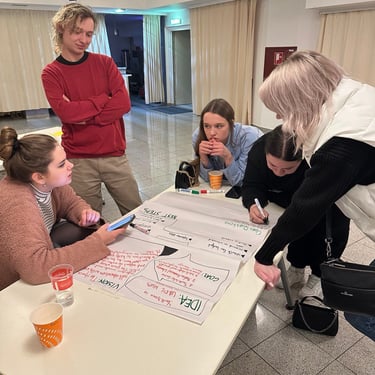
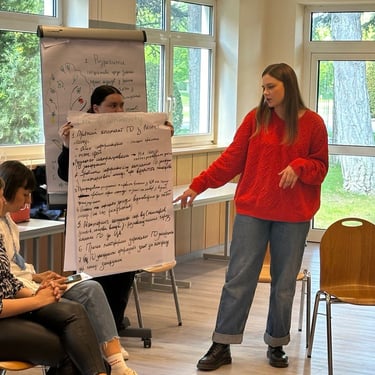
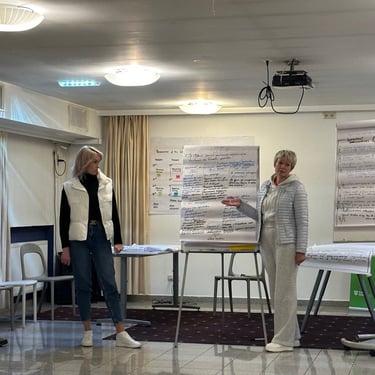
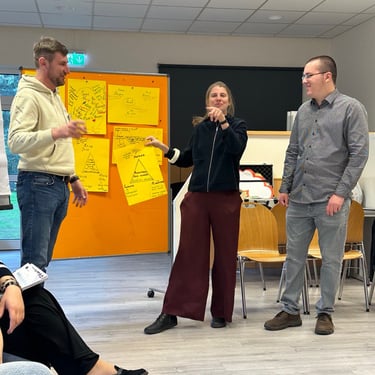
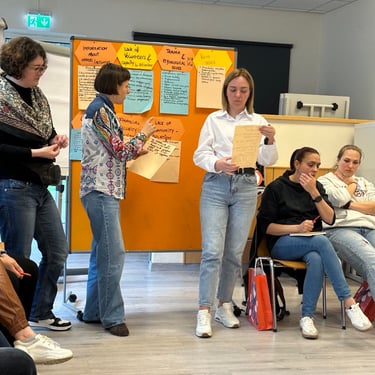
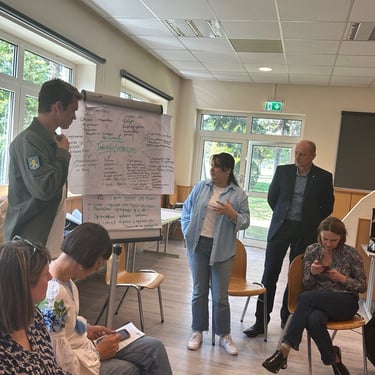
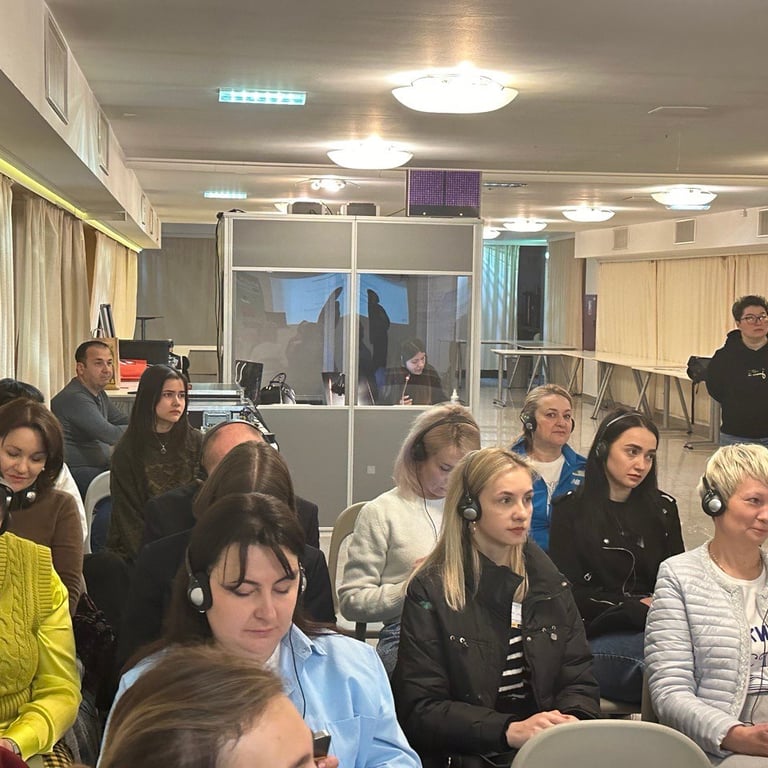
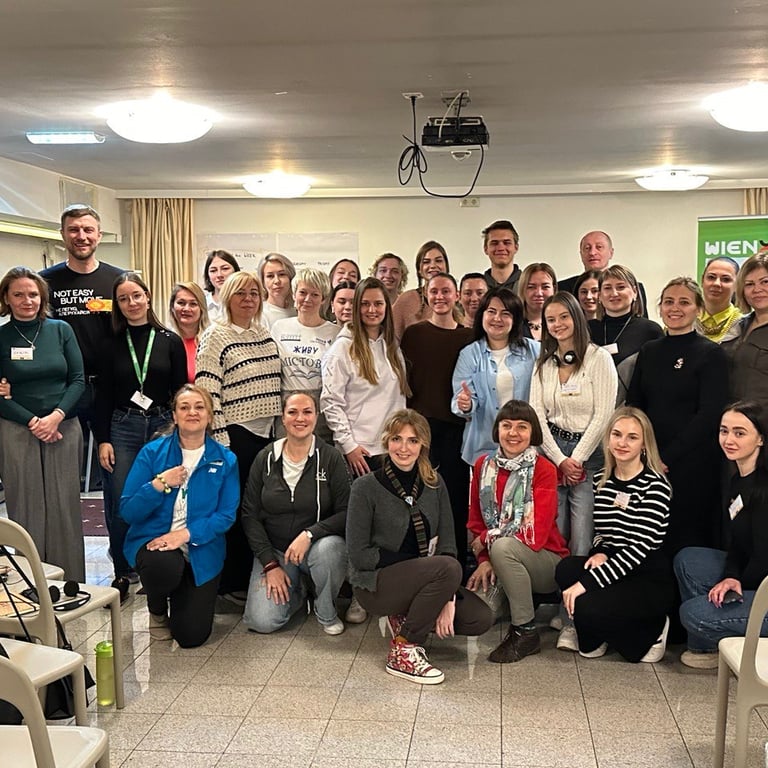
info@eucfi.org
+43 660 9604942


The European Centre for Freedom and Independence
